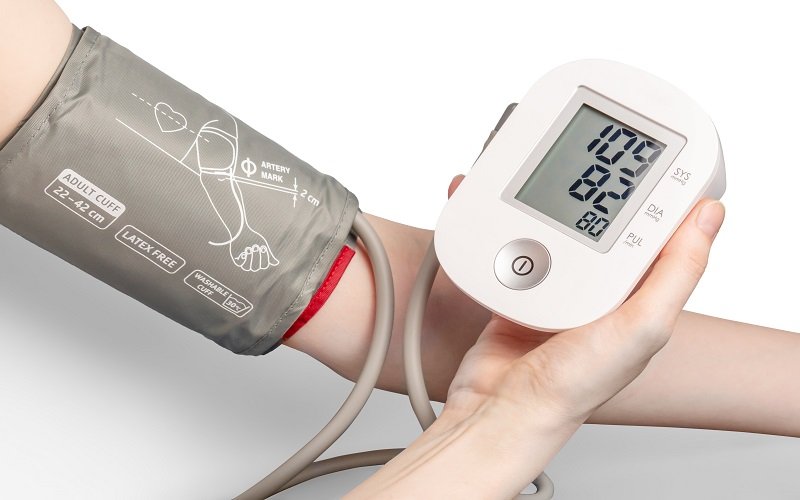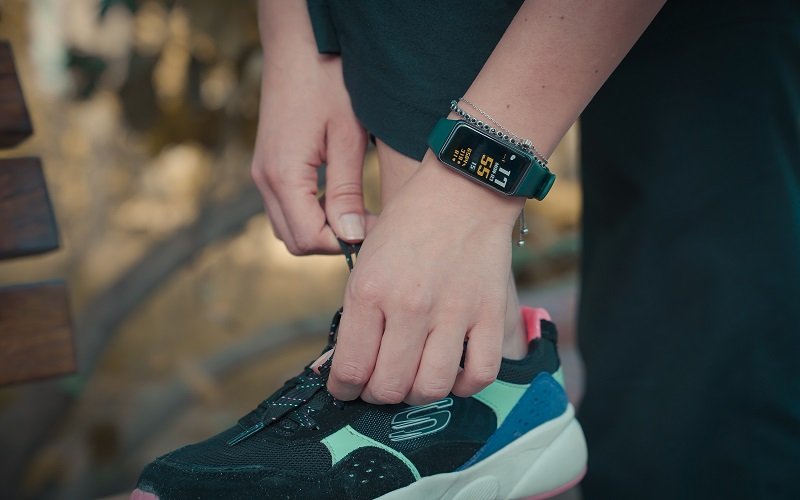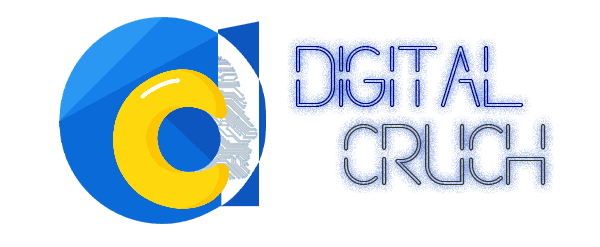As we navigate through this shift, the ability to leverage technological advancements while upskilling healthcare professionals is integral to maintaining and enhancing the quality of healthcare.
Let’s delve into this transition, analyzing the potential impact and practical application of these advancements in our quest for healthcare excellence.
Uptraining for Enhanced Clinical Proficiency
An essential step towards modernizing healthcare is uptraining – a focused, strategic approach to learning that aims to elevate the skills of healthcare professionals to the demands of the contemporary health landscape.
Uptraining is not simply about familiarizing oneself with the latest digital tools, but about understanding their clinical implications, fostering multidisciplinary collaboration, and adopting evidence-based best practices.

Clinical Development: The Bedrock Of Uptraining
Clinical development serves as the foundation for uptraining, forming the intersection between medical research, patient care, and professional education.
It is a continuous, iterative process that strives to foster the acquisition of new knowledge, competencies, and attitudes, while concurrently enhancing existing skills.
The cornerstone of clinical development is the combination of practical experience with theoretical learning.
This method empowers healthcare professionals to transfer newfound knowledge to real-world applications seamlessly.
A robust clinical development program focuses on the complexity of patient care, encouraging healthcare professionals to make informed, evidence-based decisions.
It prompts a mindset shift from disease-centered care to patient-centered care, advocating for a comprehensive understanding of the individual patient’s health profile and social context.
The Potential Of Technological Proficiency
Another pivotal element of uptraining is technological proficiency.
The rise of digital health technologies like electronic health records, telemedicine, and artificial intelligence is reshaping the healthcare landscape, presenting opportunities to improve patient care and health outcomes.
However, these tools are only as good as the professionals using them.
Technological proficiency is not just about technical skills; it involves an understanding of how technology can enhance clinical practice and patient care.
For instance, using AI algorithms to analyze patient data could help identify health risks early, thereby enabling preventive care.
Simultaneously, healthcare professionals must understand the limitations of technology, ensuring that it complements, not replaces, human intuition and judgment.
Interdisciplinary Collaboration In Healthcare
As healthcare becomes more specialized, uptraining should emphasize interdisciplinary collaboration, fostering a team-based approach to patient care.
Such collaboration can reduce fragmentation, improve coordination, and enhance patient outcomes.
Interdisciplinary collaboration requires healthcare professionals to understand and respect the roles and contributions of various disciplines.
This broad perspective allows for holistic patient care, with each team member bringing unique expertise to the table.
Ultimately, interdisciplinary collaboration is about breaking down silos and fostering an environment of shared learning and continuous improvement.

Revolutionizing Healthcare through Digital Innovation
The second half of our journey towards healthcare excellence focuses on the role of digital innovations.
These technologies are reshaping healthcare, from diagnostics to patient engagement, and transforming how healthcare professionals work.
Artificial Intelligence (Ai) And Machine Learning (Ml)
AI and ML are at the forefront of this digital revolution, offering potential solutions to longstanding healthcare challenges.
They hold the promise of augmenting healthcare capabilities, providing predictive analytics, aiding in diagnostics, and personalizing patient care.
However, implementing AI and ML in healthcare necessitates a balance. On one hand, these technologies can automate routine tasks, freeing up time for healthcare professionals.
On the other hand, over-reliance on AI could risk oversimplification of complex medical issues and dehumanization of patient care. The goal should be to leverage these tools to supplement human expertise, not replace it.

Telemedicine And Virtual Care
The COVID-19 pandemic accelerated the adoption of telemedicine and virtual care, proving their potential to expand access to healthcare.
These technologies can bridge the gap between urban and rural healthcare, provide continuity of care, and accommodate patients’ schedules and lifestyles.
But like any innovation, telemedicine and virtual care must be used thoughtfully. Ensuring a high quality of virtual care requires adapting clinical skills to the digital space, maintaining patient privacy and security, and recognizing when in-person care is necessary.
The Role Of Data In Patient Care
Data is the lifeblood of digital innovation in healthcare.
With electronic health records, wearable devices, and other digital health tools, we now have an abundance of health data at our fingertips.
This data can help healthcare professionals monitor patient health, personalize treatment plans, and even predict health risks.
However, the use of health data must be balanced with ethical considerations, including consent, privacy, and equity. Health data must be used responsibly, with transparent policies and robust data governance frameworks.
Closing remarks
As we conclude this exploration of clinical development and digital innovations, it’s clear that the future of healthcare excellence hinges on continuous uptraining and adept utilization of technological advancements.
The journey is filled with challenges, yet brimming with opportunities.
Uptraining nurtures healthcare professionals’ abilities, fostering a strong base in clinical development, technological proficiency, and interdisciplinary collaboration.
It pushes boundaries, equips individuals with the skills to harness digital innovations effectively, and encourages a collaborative, patient-centered approach to care.
On the other hand, digital innovations like AI, machine learning, telemedicine, and data analytics offer a paradigm shift.
They promise to elevate healthcare by augmenting capabilities, personalizing care, and broadening access. But, it is crucial to strike a balance.
We must view these technologies as tools that augment human expertise and judgment rather than replace them. The ethical handling of health data and ensuring the human touch in care, despite virtual interfaces, becomes paramount.
In essence, transforming healthcare excellence is an evolutionary process, not a one-time event. It necessitates the integration of clinical wisdom, technological acumen, and an unwavering commitment to patient-centered care.
As we embark on this transformation, our collective efforts can culminate in a healthcare landscape that marries the best of human ingenuity and technological prowess, ensuring improved health outcomes and enhanced patient experiences.


Comments are closed.